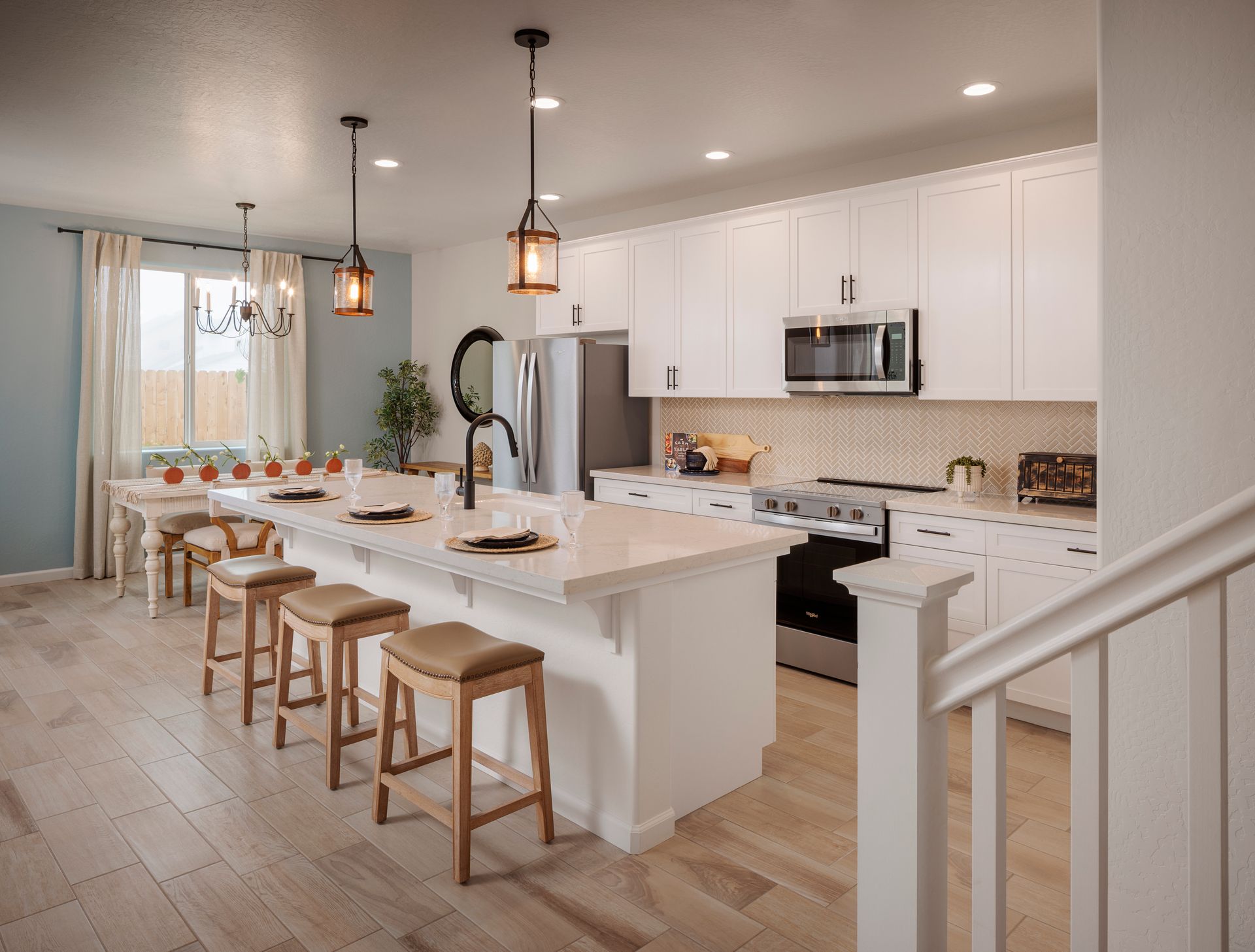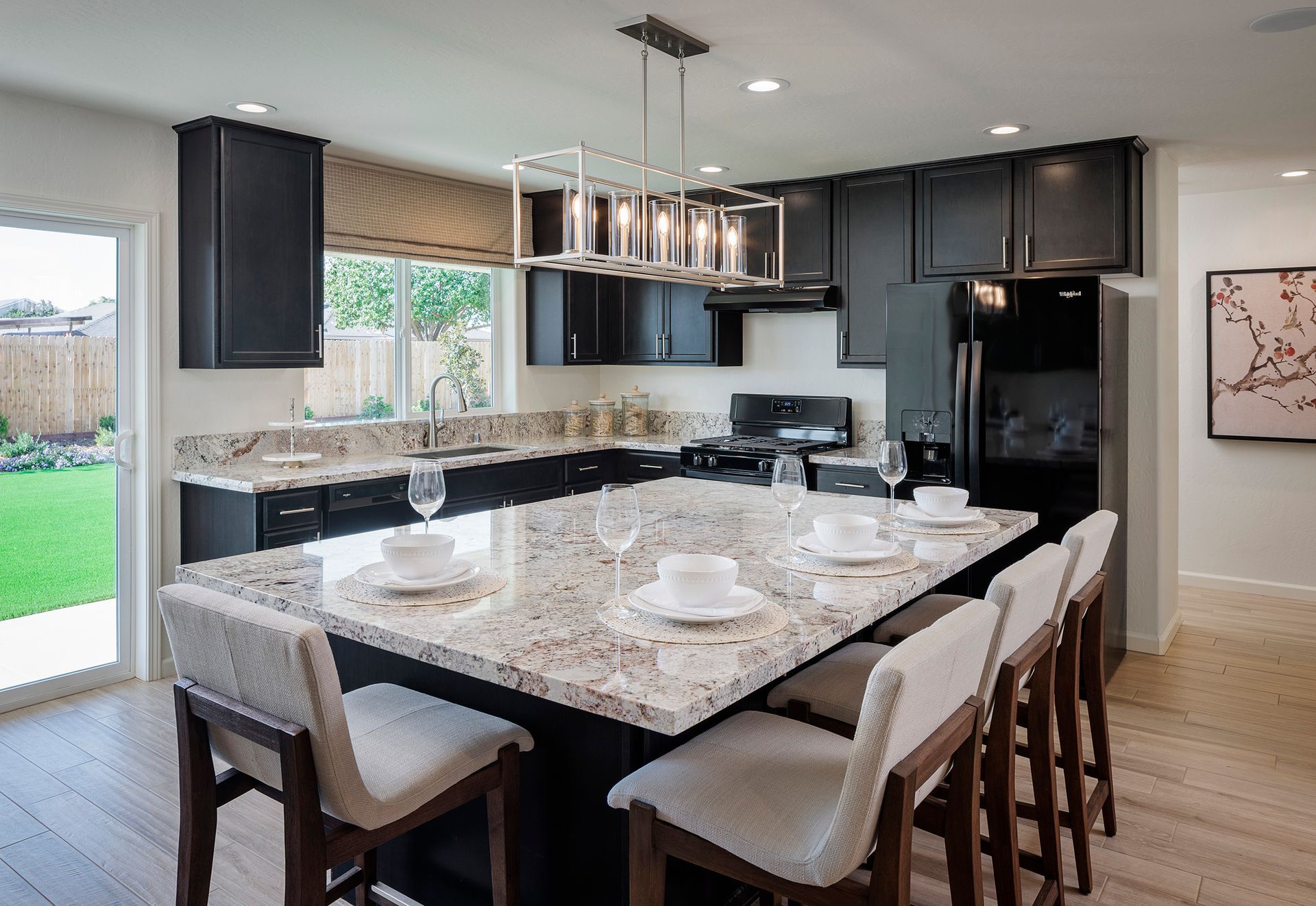How to Get Your Neighbors Dog To Stop Barking Incessantly

There’s nothing more frustrating than trying to settle down for the evening, only to hear the familiar sound of barking from outside your window. Worse is when you’re outside in your yard, minding your own business, and your neighbor’s dog simply won’t stop barking at you and your guests. It’s disconcerting–and can even be frightening, depending on the size of the dog and your personal comfort levels. If you’re ready to help that pooch stop its distracting barking once and for all, try some of these strategies.
1. Talk to the owners. They might not realize their dog’s barking is being disruptive. This is particularly useful if there’s a specific time of day–baby’s nap time or a child’s bedtime, for example–when the dog’s barking is particularly troublesome. You can’t insist they keep the dog inside 24/7, but you can ask they show compassion. Most pet owners will be glad to oblige.
2. Make friends. If the dog is barking at you whenever you’re outside, making friends with the dog–under the owner’s supervision–may convince it to treat you better. They may encourage you to give the dog treats, play a few rounds of fetch or simply chat with it under their supervision to help you make friends and convince the dog you’re not a threat that needs to be barked at.
3. Troubleshoot. Most dogs don’t simply have barking fits for no reason at all. Work with your neighbor to help find a solution that will help the dog quit barking. For example, a nervous animal that barks at everything that moves may benefit from obedience training, while a dog who is too hot or too cold will be more likely to bark extensively. When you talk to your neighbor, go armed with helpful suggestions that will help them stop their dog from barking.
4. Reach an agreement together. Make sure you and your neighbor are on the same page and that you’ve come to a concrete agreement. There’s a chance they’re already working on the problem with obedience classes or other training, and if so, you may have to be patient. On the other hand, asking they keep a noisy dog inside during baby’s nap time or that they make sure an aggressive pooch stays on their property when the kids are outside playing isn’t unreasonable. Be clear about your concerns and try to reach a reasonable agreement together.
5. Train the dog yourself. It’s important to talk to your neighbors before you take further action. However, if you’re struggling to reach an agreement or they aren’t being helpful, you can undertake a few training exercises on your own. Purchase an inexpensive dog whistle. Each time the dog starts barking, blow the whistle. In the beginning, this may cause more barking, but over time, the dog will realize that barking has unpleasant consequences.
6. Screen your yard. Often, the dog barks because it can see you or others moving around in your yard. By blocking its view with trees, bushes, or a privacy fence, you can prevent it from seeing you, which will therefore reduce the barking. If smell is a problem, place some old clothes or shoes around the border of your yard to help introduce the dog to your smell and let it know that you’re not a problem.
Barking dogs can be frustrating, but with a little effort, you can reach a solution that will enable you to enjoy your property again. Talk with the owners first, but if you can’t reach an agreement together, you can still take a few steps that will reduce barking and therefore reduce your frustration.
Are you looking for a new home in the San Joaquin Valley or Bakersfield? SJV Homes now has open for sale 10 communities with a combined 845 single-family homes.











